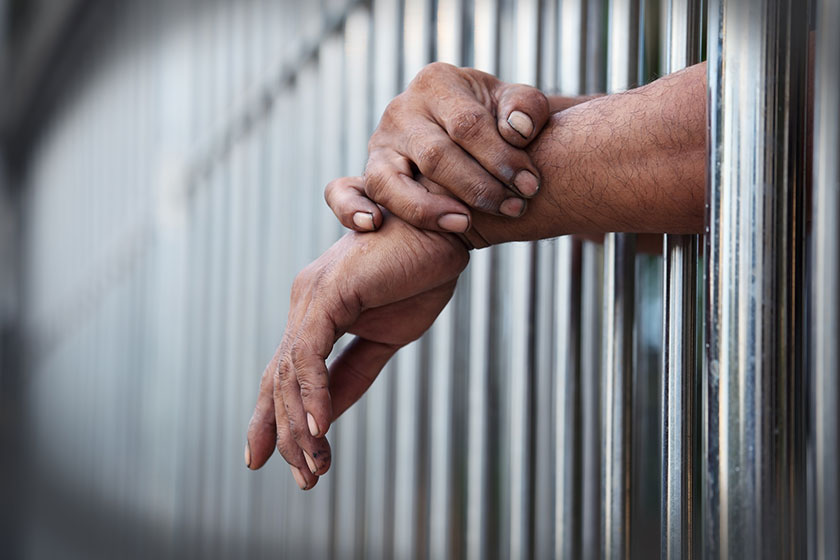15Views

Criminal justice systems exist to serve society, provide fair legal proceedings and promote public safety; unfortunately they have failed to do this consistently and this must change according to research findings.
Implementing change is difficult in an atmosphere dominated by misleading public narratives and “tough on crime” campaigns.
1. Courts as “Courts”
America incarcerates more people than any other nation worldwide and therefore we require more humane approaches that will keep communities safe while treating those involved in our criminal justice system with dignity and compassion. Achieve this requires commitment from leaders at all levels of government as well as participation by people from various walks of life.
At first glance, many criminal justice reformers focus their efforts solely on prosecutor reform; after all, they play an essential role in what charges get filed and often dictate sentences for defendants. It is vital that reformers take an holistic approach to criminal justice reform by looking at its various components – courts included.
For instance, it is critical that prosecutors have the power to review and correct unjust sentencing decisions. This can be achieved with laws passed through For The People that empower prosecutors to use their discretion to reexamine prior sentencing decisions and modify them accordingly.
2. Defendants as Individuals
The criminal justice system is a complex network, including multiple components from law enforcement detecting and investigating crime to prosecution of cases and sentencing of those convicted, along with rehabilitation programs and treatment services designed to support those involved.
Over the last year, significant progress has been made toward creating a fairer and more equitable justice system; however, challenges still exist: misinforming public discourse regarding crime trends; anti-reform campaigns targeting reform-minded officials; and an abundance of “tough on crime” bills and policies are hindering momentum towards change.
Reform-minded district attorneys are rising up to meet these challenges head on. FJP Executive Director Miriam Krinsky and New York University School of Law Associate Professor Justin Murray detail in an op-ed for American Criminal Law Review how these newly elected prosecutors are shifting away from failed, hardline approaches toward more preventative thinking in criminal justice systems across America.
3. Courts as “Courts”
Criminal justice reformers tend to place most of their attention on prosecutors when regulating criminal justice systems, yet effective regulation must extend beyond them. Judges play an essential role in shaping prosecutorial discretion (or lack thereof), the types of charges brought forward and sentencing length.
Judges are under immense pressure to move cases through their calendars quickly, contributing to quick convictions and short sentencing times.
There is an urgent need for a court system that prioritizes offender rehabilitation and redemption, including changing policies that restrict voting rights or food assistance for ex-offenders. Furthermore, we must strive for an inclusive judiciary which represents the views and experiences of communities it serves by prioritizing diversity on federal benches as well as implementing reforms that ensure fairness and equity.
4. Courts as “Courts”
Criminal justice reformers often advocate for courts to do better, including changing priorities away from incarceration to community safety and changing emphasis.
Courts must stop impeding efforts to reform the criminal justice system. Miriam Krinsky wrote an FJP op-ed detailing how reform-minded prosecutors’ rise indicates an American desire to move away from an outmoded status quo that has deepened inequality, burdened taxpayers, and failed to keep communities secure.
One way this can be accomplished is for defense attorneys and prosecutors to form coalitions, or form alliances between themselves. Such collaborations could help overcome some of the obstacles preventing defense lawyers from pushing initiatives such as vertical representation (whereby one lawyer handles a case from start to finish) and reduce staff costs at defense offices; collaborations could even allow seeking more funding for these offices, which could provide essential solutions to improving matters.



